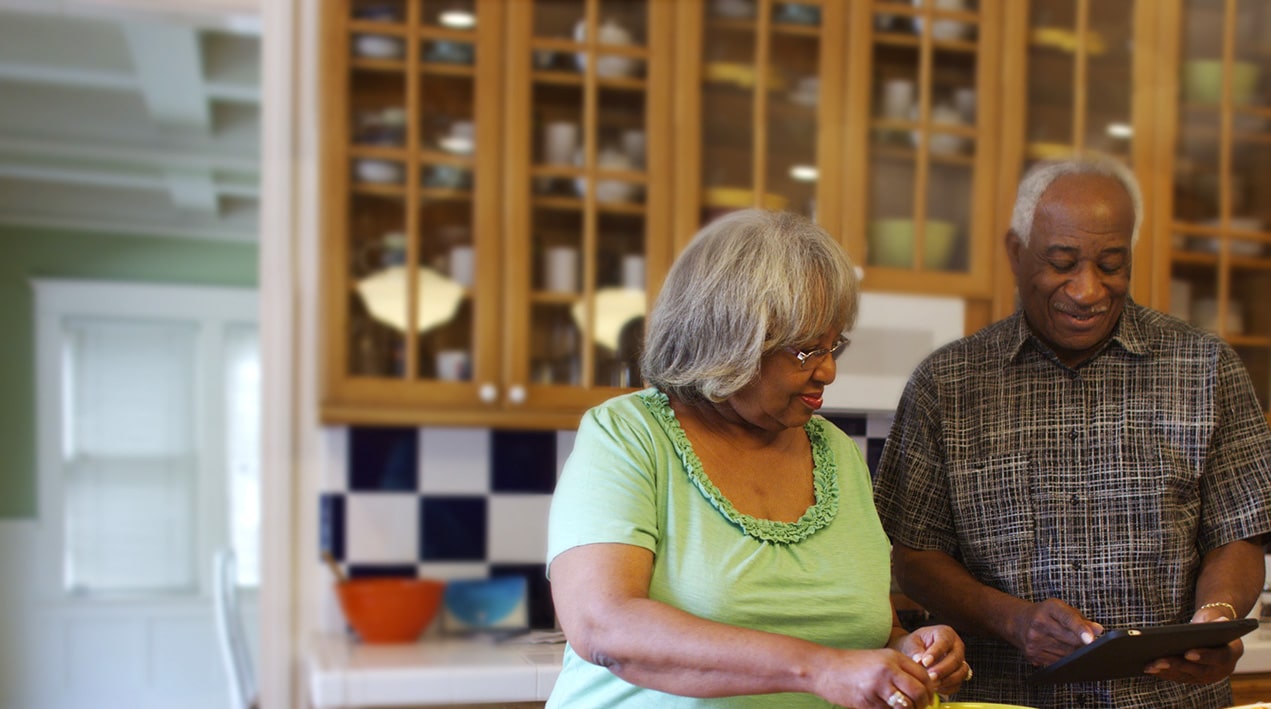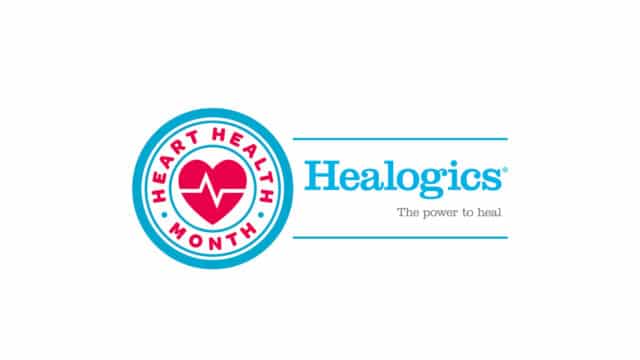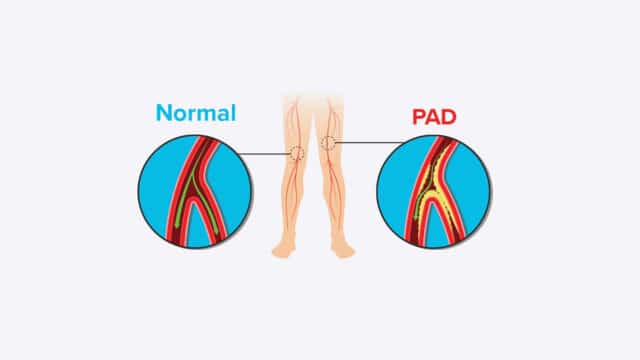Heart Health: An Important Focus

As we celebrate American Heart Month, February is the perfect time for you to focus on your heart health. Various heart conditions such as heart failure, coronary artery disease, cardiomyopathies and high blood pressure/hypertension can make you more likely to get severely ill from COVID-19, according to the U.S. Centers for Disease Control (CDC). On top of that, those with heart conditions may also face struggles with wounds that just won’t heal. Coronary artery disease (CAD), peripheral arterial disease (PAD) and other heart conditions can hinder blood flow, oxygen and nutrition from helping to heal a wound.
Medical Conditions that Affect Your Circulation System
There are many forms of cardiovascular disease that can reduce your ability to heal. Many people living with heart disease are also living with other conditions, like diabetes, that can damage arteries and veins. People living with heart disease, heart failure or valve problems are at a greater risk for developing a non-healing, chronic wound. So are those living with PAD, coronary artery disease (CAD), venous disease or atherosclerosis. Those who have had arrhythmia, a heart attack or a stroke are also at risk. Smoking, or even just a history of smoking, increases these risks.
How Circulation Affects Wound Healing
Your heart is part of your body’s cardiovascular system, also known as your circulation system. Circulation is an important part of our body’s immune response. When you are injured and have an open wound, your blood carries extra nutrients and white blood cells to the wound. If your circulation is limited, enough blood may not reach the wound which can delay healing. The longer a wound goes untreated, the greater the risk of infection, hospitalization and possibly amputation. Due in part to the COVID-19 pandemic, many people may have put off their routine health care visits. Unfortunately, this reduction in routine care has led to an increase in untreated wounds, and in turn, higher-than-normal rates of amputation. Regular foot checks at home and with health care providers can help identify any wounds early, reducing amputation risks.
Reduce Your Risks
There are several steps you can take to reduce your risk of heart disease. Here are a few our physicians recommend:
- Monitor your blood pressure and cholesterol levels.
- Eat heart-healthy foods.
- Aim for and maintain a healthy weight.
- Reduce or stop smoking.
- Manage your stress.
- Exercise regularly.
- Control your diabetes.
If you or a loved one has a wound that is not healing, Find a Wound Care Center near you and schedule an appointment today.



